Artist residency: Artistic presence, regenerative media and AI ecologies
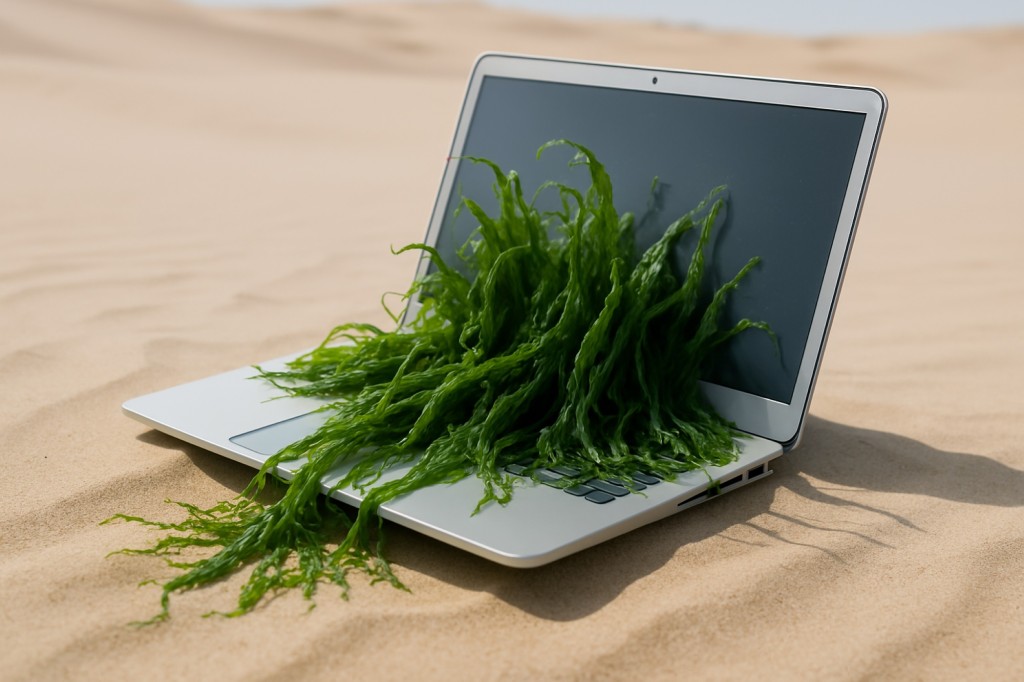
The 4th PMP artist residency was hosted by the Espronceda Institute of Art and Culture in Barcelona during April-May, 2025. It brought together artists and researchers Ivana Tkalčić and Tianjun Li for a transdisciplinary investigation into the aesthetic, ethical and ecological implications of contemporary media technologies.
Read more about the artists: Introducing Barcelona residency artists: Tianjun and Ivana.
Through a collaborative process culminating in a podcast conversation and the production of two significant research texts for the PMP Toolkit, the residency not only showcased artistic innovation, but also foregrounded urgent critical debates on artificial intelligence, environmental degradation and questioned the creative authorship of artists in the digital age.
The residency artists participated in the Future Media workshop week and immersed themselves in an international environment by participating in lectures and workshops on artificial intelligence and virtual reality led by experts in the field. This week undoubtedly provided them with the conceptual basis for the development of their research work during the residency. The residency was an opportunity for them to have time to focus independently on further developing their artistic projects and at the same time to look for ideas for further research for the text project for the toolkit.
Reimagining the role of the artist in a media saturated era
During the residency, Ivana and Tianjun engaged in the recording of a podcast conversation that, following a careful conceptual development, evolved into an in-depth discussion on the shifting role of the artist in a hypermediated and ecologically precarious world. Framing their respective projects, EarthSkin by Ivana and Free as Birds by Tianjun, the podcast reflects on how new media, and artificial intelligence in particular, challenge conventional notions of presence, memory, and representation.
Ivana emphasizes her ecological and performative approach to media as a space of multispecies encounter and regeneration. Her work, rooted in an embodied engagement with the land, uses artistic methodologies to explore both metaphorically and materially the kinship between human skin and the Earth’s surface. In the podcast, she discusses how artificial intelligence can serve both as a tool to address ecological crises and as a source of ethical dilemmas especially when it conceals the material and energetic costs of its infrastructure, and when questions of authenticity and authorship arise.
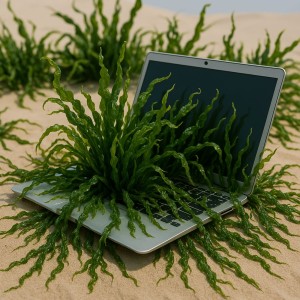
Tianjun’s project, on the other hand, centers around an ecological perspective grounded in migration. Through voice and sound as principal elements, his project Free as Birds weaves together human vocal expression, AI-generated soundscapes, and mythological imagery. Reflecting on his background as a vocal-sonic artist, he explored how artificial intelligence can function as a co-composer in narratives that address displacement, loss, and ecological fragility.
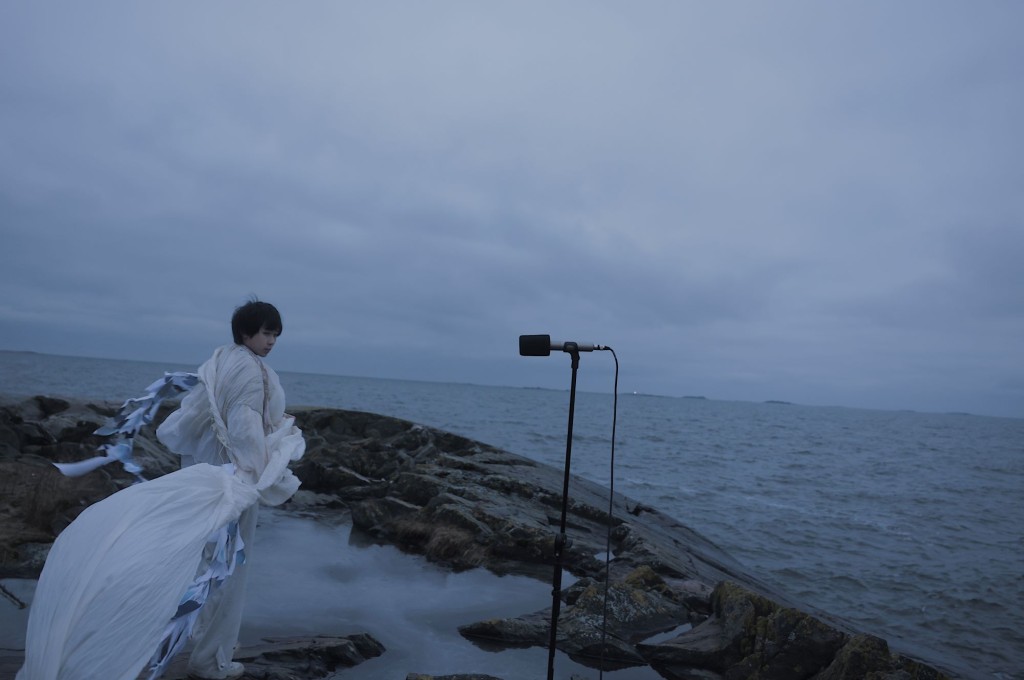
Toolkit contributions: From degrowth media to authorship in the age of AI
Their theoretical and reflective insights that emerged during the residency were then further articulated in two texts produced during the residency. ‘Future Media: Towards a Regenerative Practice of Care’ by Ivana Tkalčić which offers a profound critique of the extractivist logic of contemporary media, highlighting the ecological and also psychological-subjective cost of the economy of attention and self-promotion. Drawing on degrowth theory, feminist ethics of care and speculative technoscience, Ivana imagines future media and technological systems modelled on ecological processes such as mycelium networks, algae-powered computation and biodegradable circuits. She, in fact, claims media as ‘spaces of experience and regeneration’, calling for a slow, not englobing and frenetic media paradigm but one that prioritises care, community and sustainability.

Tianjun Li’s text, “AI, Creativity, and the Artist’s Presence in the Digital Age”, integrates an ethical analysis of the use of artificial intelligence and the ontological status of AI-generated images and sounds. Through a critical reflection on photography, vocal performance and social media, Tianjun argues that the authenticity of artistic presence cannot be replicated by algorithmic systems as every experience is vital and subjective, and analyses how every moment is characterised by emotion and how these cannot be perceived by machines. His writing is permeated by his personal practice of transforming documentary encounters into surreal and layered compositions that maintain a very strong and inseparable link to lived experience. Although the artist recognises artificial intelligence as a valuable creative collaborator, he warns against its ability to devalue artistic work and obscure the embodied, emotional, relational and social dimensions of human creativity.
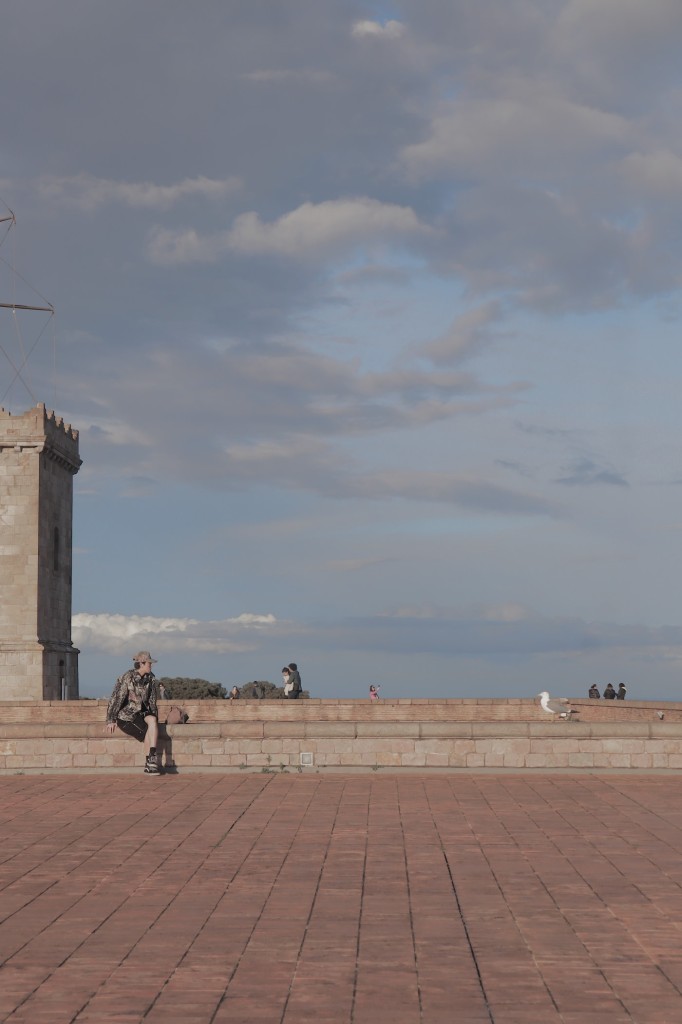
Media and art as commons
What emerges from the residency is not only a set of works and projects developed, but also reflections that have led to the development of a relational epistemic framework that could be useful for rethinking relationships with contemporary technologies and the current ecological crisis in a different way. Perhaps this could be the time to reflect on how to develop digital innovation in a way that is not extractive but regenerative, whether through multi-species storytelling, developing a relational ontology (Escobar), or developing an ethical point of view that is capable of caring for the collective commons. Ivana and Tianjun propose distinct but complementary methodologies that link ecology, performance and new technologies in a peculiar way and demonstrate how it might also be important to re-situate artistic production within a network of socio-ecological framework.
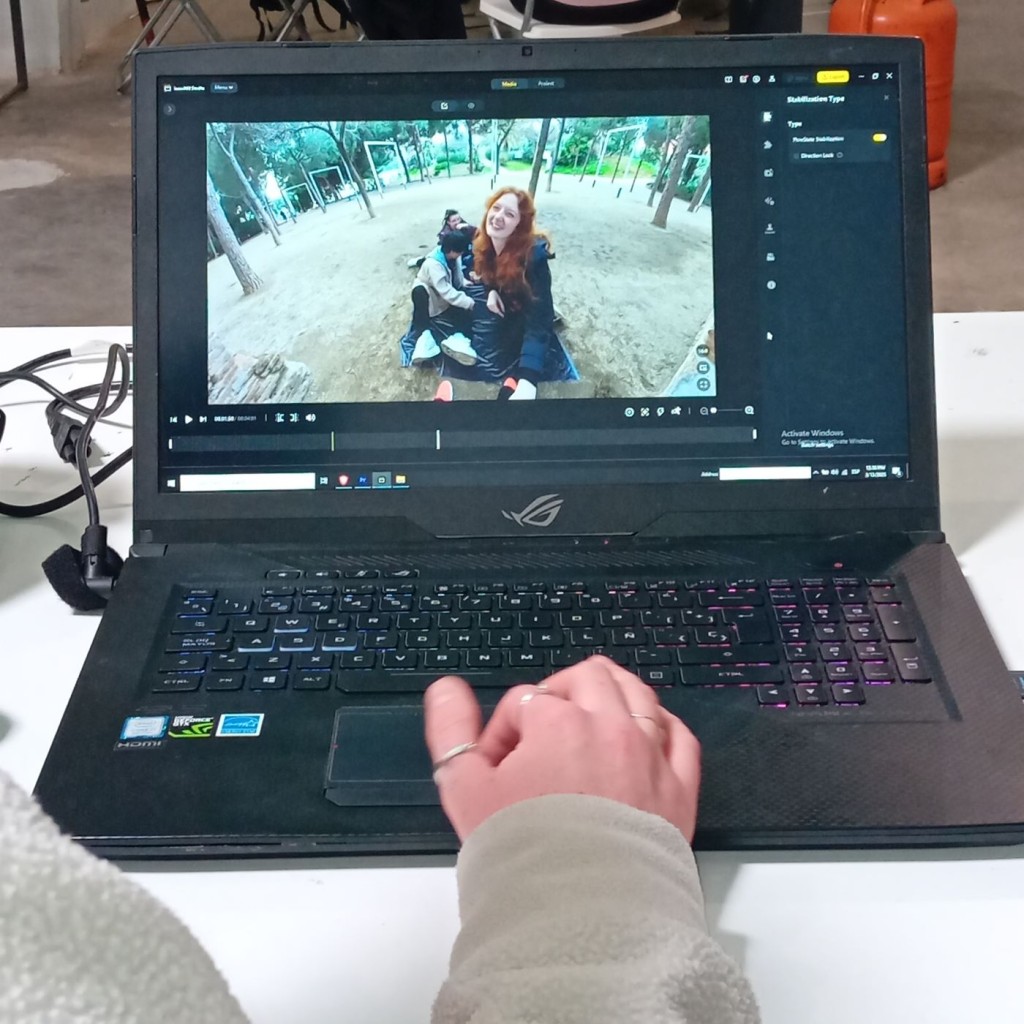
The residency thus served as a research platform to advance the critical discourse on how artists can inhabit and transform the digital, not simply by reflecting on it, but by actively reshaping it through situated, relational, care-based practices and a concept of ecology as a mode of collective living.
Writer: Alessia Gervasone, Espronceda
Related articles
Week of future media in motion: Artists, algorithms, and shared realities.
Exploring tech, storytelling and creativity: Testimonials from Barcelona.
